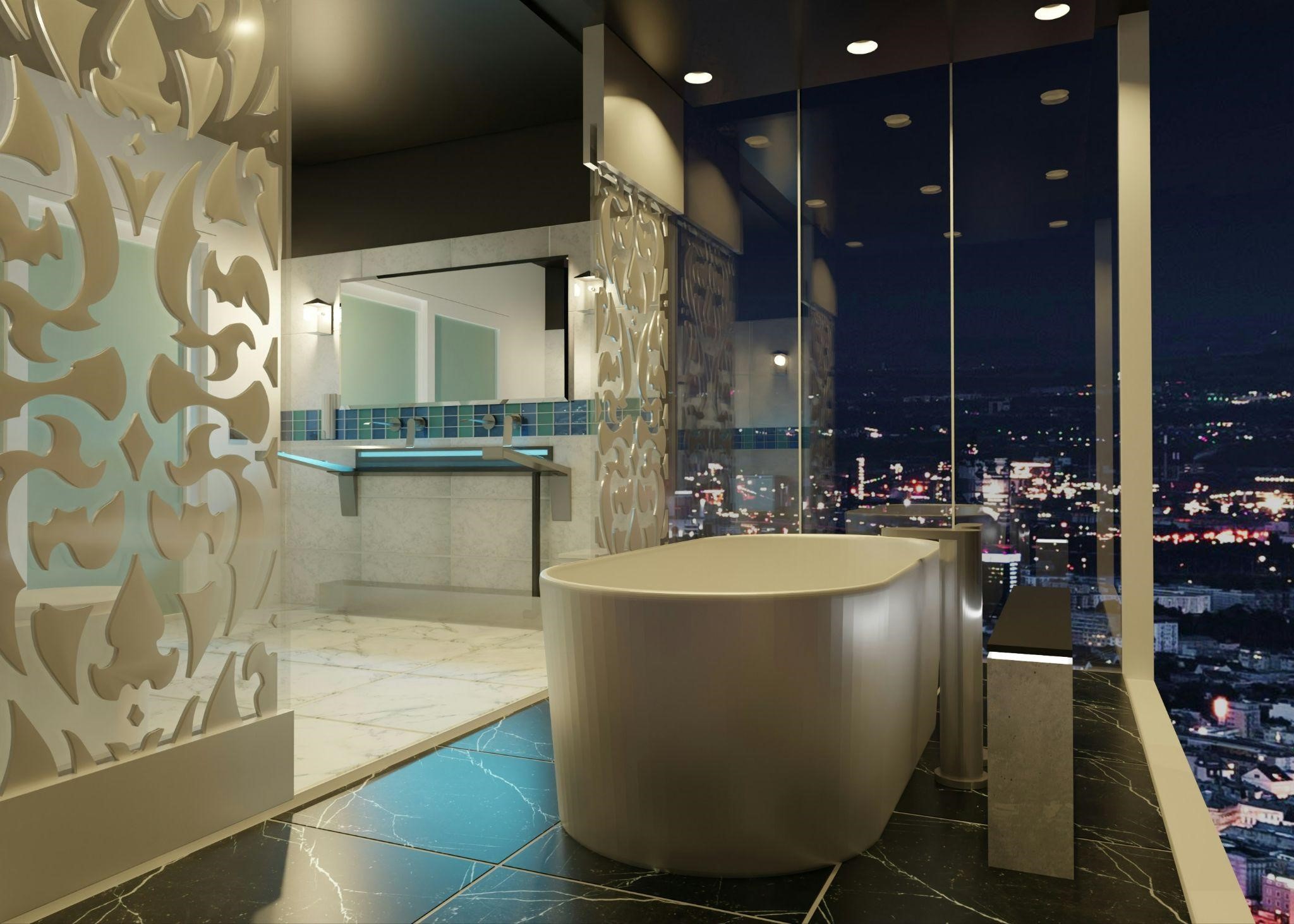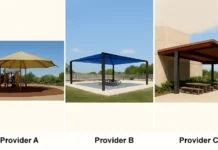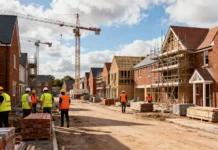For construction professionals and those closely connected to the building industry, the decision to invest in luxury condos carries a unique perspective. You already know about materials, craftsmanship, timelines, and quality control.
This insight can give you a leg up when evaluating potential projects. But it also means you understand the challenges developers face, the costs embedded in these builds, and how market demand aligns with construction trends.
Let’s explore the key factors you should weigh before taking the plunge into a luxury condo investment.
Understanding What “Luxury” Really Means in Construction Terms
“Luxury” in real estate isn’t just about marble countertops or a rooftop pool—it’s about the quality, design, and longevity embedded in the building’s construction.
From a construction perspective, luxury condos typically feature:
- Superior materials: Think high-grade steel and concrete foundations, top-tier hardwood flooring, energy-efficient windows, and custom millwork.
- Advanced building systems: State-of-the-art HVAC, smart home automation, soundproofing between units, and sustainable energy features.
- Attention to detail: Precision craftsmanship, seamless integration of systems, and finishes that are both beautiful and durable.
As someone who understands the challenges behind these elements, you’re well positioned to evaluate whether a given luxury condo lives up to its marketing promises. For investors without this background, distinguishing between genuine luxury and superficial upgrades can be tricky.

The construction quality directly impacts resale value and maintenance costs. Buildings that cut corners on materials or systems might look attractive at first, but will likely require expensive repairs or updates sooner than expected.
Investing in a condo backed by reputable builders with a strong track record is critical.
Location: The Foundation of Any Good Investment
The adage “location, location, location” couldn’t be more relevant in luxury condo investing.
Luxury condos often command premium prices because they’re situated in vibrant downtown districts, waterfronts, or close to cultural hubs. But from a construction and development angle, location also affects:
- Construction costs: Building on challenging sites—like waterfronts or reclaimed land—requires specialized foundations, soil stabilization, or flood-resistant designs, driving up initial costs but potentially boosting long-term value.
- Zoning and regulations: Urban areas have strict codes that influence the building’s design, height, parking, and environmental compliance. Familiarity with these factors can help you assess the feasibility and future-proofing of a luxury condo.
- Infrastructure development: Proximity to new transit lines, parks, and schools not only makes condos more attractive but often signals ongoing municipal investment, which can raise property values over time.
For construction professionals, analyzing these location-based aspects provides insight into a development’s longevity and market resilience.
Financial Considerations: More Than Just the Price Tag
Luxury condos typically come with hefty price tags, but the costs don’t stop at the purchase price. Understanding the total financial picture is essential.
- HOA Fees and Assessments: Luxury buildings often have higher homeowners’ association (HOA) fees to cover premium amenities, extensive maintenance, and 24/7 security. Sometimes, special assessments for unexpected repairs or upgrades can add significant expense.
- Property Taxes: High-end properties often fall into higher tax brackets. Factor this into your cash flow analysis.
- Maintenance and Repairs: Even with top-tier construction, wear and tear on shared amenities—like pools, gyms, or landscaping—requires ongoing investment. Construction knowledge can help you anticipate potential maintenance issues, especially in common systems like elevators or HVAC.
- Rental Yield vs. Appreciation: Luxury condos can generate strong rental income, especially in desirable areas. However, depending on market conditions, they might appreciate more slowly than single-family homes or commercial properties.
Construction Risks and Timeline Impact on Investment
For construction insiders, one unique risk of investing in luxury condos—especially pre-construction or new developments—is the potential for delays and cost overruns.
Even the best developers face challenges like supply chain disruptions, labor shortages, and permit delays that can extend timelines beyond initial expectations.
Delays can affect your return on investment in several ways:
- Delayed occupancy means delayed rental income or resale profits.
- Extended construction periods can increase carrying costs (loan interest, property taxes, insurance).
- Market conditions can shift during delays, impacting prices and demand.
If you’re investing in a project before completion, leveraging your construction expertise to evaluate the developer’s history and build schedule can be a powerful advantage. Ask detailed questions about contingency plans, materials sourcing, and subcontractor management.
The Importance of Amenities and Lifestyle Features
Luxury condos aren’t just about the unit itself—they’re also about the lifestyle. Developers often include amenities like:
- Fitness centers
- Rooftop decks or gardens
- Concierge services
- Parking garages with EV charging stations
- Co-working spaces or lounges
From a construction perspective, integrating these amenities requires additional planning, building systems, and maintenance. While these features can boost appeal and resale value, they also increase ongoing costs and complexity.
Market Trends and Timing Your Investment
Luxury condo markets tend to be cyclical and sensitive to broader economic trends.
- In booming economies, high demand can push prices well above construction costs, generating attractive returns.
- In downturns, luxury properties can experience slower sales and longer vacancy periods.
Construction professionals often have a front-row seat to market trends, witnessing shifts in material costs, labor availability, and consumer preferences. This inside knowledge can inform your timing strategy—knowing when to enter or exit a luxury condo investment.
Final Thoughts: Is a Luxury Condo Right for You?
For construction professionals and investors alike, luxury condos offer a compelling blend of design sophistication, urban convenience, and potential financial reward. But success depends on digging deeper than surface-level appeal.
Use your construction knowledge to assess quality and risk. Consider the location carefully and understand the full financial implications beyond the purchase price. Be mindful of development timelines and market cycles.
If your goal is a solid, long-term investment that aligns with your knowledge and lifestyle, a luxury condo can be an excellent choice. But as with any investment, careful due diligence and a clear understanding of what “luxury” truly means in construction and market terms will help you build a portfolio you can be proud of.

































